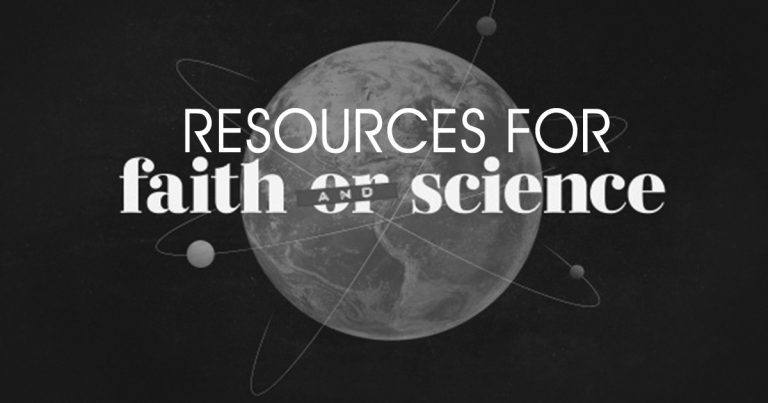“Learning to grasp the unity of the Bible, of its one overall message from Genesis to Revelation,
is necessary for a right understanding of the meaning of any individual text.”
– Graeme Goldsworthy, According to Plan
Dane Ortlund’s post ‘Transform Your Bible Reading’ is something everyone who tries to read the Bible should check out. In it, he calls us to view the Bible as one, unified story which finds its zenith in Jesus. Theologians call this ‘Biblical Theology.’ I call it, reading the Bible the way Jesus intended.
Dane mentions other, lesser ways we might read our Bible:
- The Gold Mine Approach – reading the Bible as a vast, cavernous, dark mine, in which one occasionally stumbles upon a nugget of inspiration. Result: confused reading.
- The Hero Approach – reading the Bible as a moral hall of fame that gives us one example after another of heroic spiritual giants to emulate. Result: despairing reading.
- The Rules Approach – reading the Bible on the lookout for commands to obey to subtly reinforce a sense of personal superiority. Result: Pharisaical reading.
- The Artifact Approach – reading the Bible as an ancient document about events in the Middle East a few thousand years ago that are irrelevant to my life today. Result: bored reading.
- The Guidebook Approach – reading the Bible as a roadmap to tell me where to work, whom to marry, and what shampoo to use. Result: anxious reading.
- The Doctrine Approach – reading the Bible as a theological repository to plunder for ammunition for my next theology debate at Starbucks. Result: cold reading.
Dane then notes,
There is some truth in each of these approaches. But to make any of them the dominant lens is to turn the Bible into a book it was never meant to be. A biblical theology approach takes the Bible on its own terms—namely, that “all the promises of God find their ‘Yes’ in Jesus” (2 Corinthians 1:20). Result: transforming reading.
Biblical theology invites you to read the Bible by plotting any passage in the overarching narrative that culminates in Christ. The Bible is not mainly commands with stories of grace sprinkled in. It is mainly a story of grace with commands sprinkled in.
How do you read the Bible? The results likely reveal your approach. Consider the one which results in transformational reading!


1 thought on “The Ways We Read the Bible”
Alpha – Omega